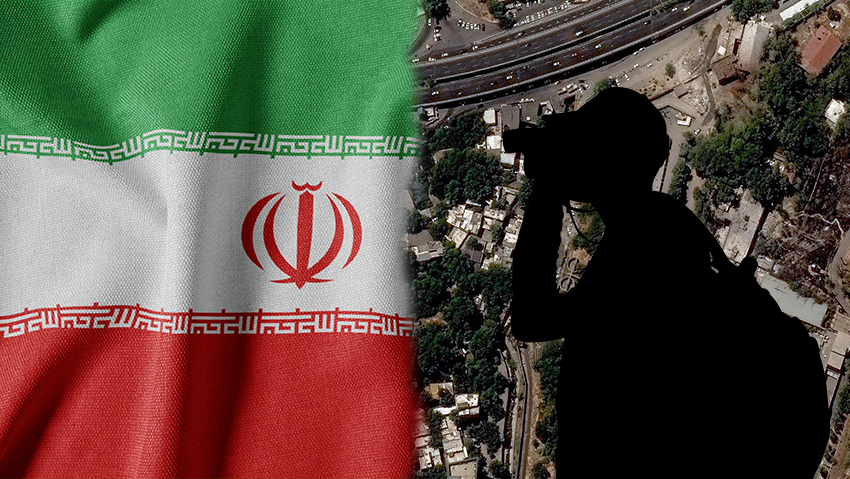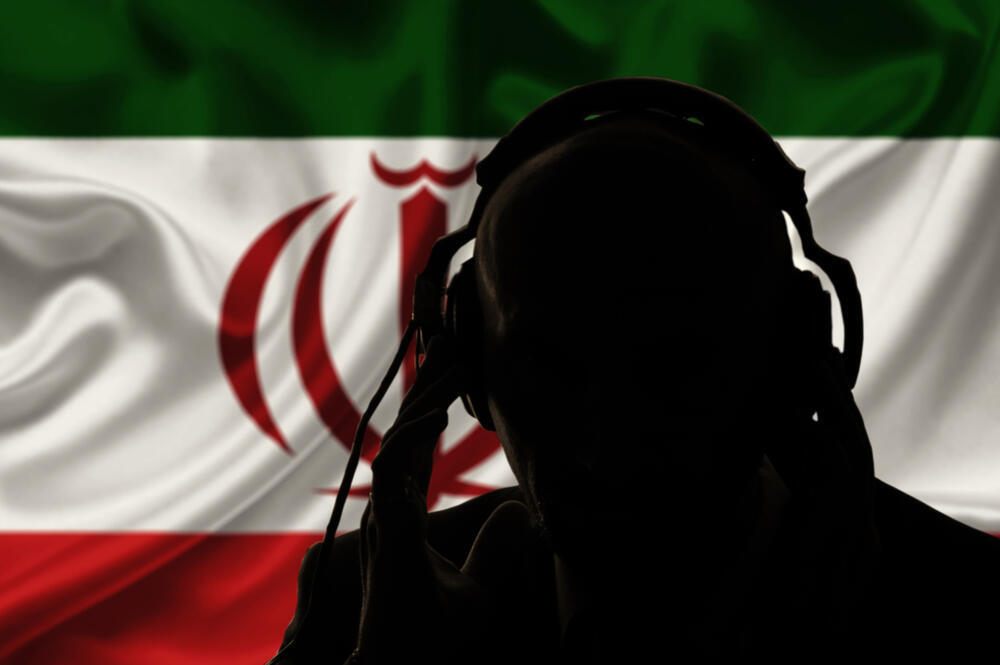Ahead of last month’s launch of Operation Rising Lion and the outbreak of hostilities with Iran, Israeli security forces uncovered a wide-reaching Iranian espionage network that relied on Israeli citizens who provided intelligence to Tehran, the Guardian reported on Sunday.
While some cases had already reached the media, the report noted that Israel's defense establishment was surprised by the number of collaborators. According to the Guardian, more than 30 Israelis have been accused of cooperating with Iranian intelligence since Iran's first large-scale missile attack in April 2024.
In many of the cases, initial contact reportedly came through anonymous messages offering money in exchange for information or small tasks. Those who agreed were later offered larger sums for more dangerous assignments.
Court documents cited in the report indicate that despite the sharp uptick in Iranian espionage efforts, the network achieved limited results and fell short of Tehran’s most ambitious goals, including the assassination of senior Israeli officials. However, dozens of Israelis who agreed to carry out lower-risk missions may have ultimately provided Iran with sensitive information about strategically significant sites, which later became targets for Iran’s ballistic missiles during the war.
Filmed a video – and got nearly $1,000
Court documents related to suspects accused of spying for Iran—including one already convicted—shed light on the recruitment and operational methods used by Iranian handlers. Initial contact often came via anonymous text messages. In one instance, an Israeli received a message from a self-described “news agency” asking, “Do you have any information about the war? We are ready to buy it.” Another message, sent to an Arab Israeli on behalf of “Tehran-Quds,” was more direct: “A free Jerusalem unites Muslims. Send us information about the war.”
The message included a link to the Telegram app, where further conversations took place, sometimes with an operator using a Hebrew name. These operators offered payments in exchange for simple tasks. If the individual expressed interest in cooperating, the handler instructed them to open a PayPal account and register with an app capable of receiving cryptocurrency payments.
Alleged Iranian spies arrested in Tiberias, northern Israel
(Video: Israel Police)
One suspect, arrested on September 29 last year, was assigned a first mission to visit a public park and check whether a black bag had been buried at a specific spot—an assignment worth nearly $1,000. No bag was found, and the newly recruited agent sent his handler a video to prove it.
Under Iranian instruction, the same operative later distributed flyers, hung posters and spray-painted graffiti critical of Prime Minister Benjamin Netanyahu, including slogans such as “We are all together against Bibi,” (Netanyahu's nickname) or “Bibi brought Hezbollah here” or “Bibi = Hitler.”
Get the Ynetnews app on your smartphone: Google Play: https://bit.ly/4eJ37pE | Apple App Store: https://bit.ly/3ZL7iNv
The Guardian also reported that an Israeli of Azerbaijani descent agreed to photograph sensitive sites across the country, even turning it into a “family business” by recruiting several relatives to help document locations such as the Haifa Port, the Nevatim Airbase in the Negev, Mossad headquarters in Glilot and various Iron Dome batteries.
Agreed to kill nuclear scientist, family and torch their home
The same operative recruited to search for a black bag buried in a public park was later instructed by Iranian handlers to photograph the home of a nuclear scientist working at the Weizmann Institute of Science—a site that suffered a direct hit during the war. According to the Guardian, the images provided by Iranian-recruited agents may have enabled Tehran to strike the prominent scientific center successfully, after years in which Iranian nuclear scientists were reportedly assassinated under mysterious circumstances, likely by the Mossad.
The British paper highlighted the stark contrast in methods between Israel’s Mossad and Iran’s Islamic Revolutionary Guard Corps. While Mossad infiltrated highly trained operatives who provided intelligence that led to the targeting of Iran’s top leadership, Iran employed a radically different approach, recruiting random people and testing how far they were willing to go, progressively assigning more dangerous tasks.
Once these new agents completed simple assignments—such as taking photos or hanging posters—the Iranian handlers offered them riskier missions for higher compensation. One of those agents, who had photographed the nuclear scientist’s home, was offered $60,000 to murder the scientist and his family and burn down their house.
According to the indictment, the agent, a Jewish Israeli, agreed to the plot and hired four local criminals, all Arab Israelis, to carry it out. The group attempted the assassination on September 15 but was unable to enter the Weizmann Institute due to the presence of a security guard. The report said they “meekly drove away.”
The Guardian reported that the day after the failed operation, Iranian handlers asked the agent to return to the institute and take additional photos. He complied, entering the premises in broad daylight and photographing the scientist’s car, for which he received $709. He was later asked to plant a GPS tracking device in the vehicle but refused. The paper noted this pattern repeated across multiple indictments: while Iran found Israelis willing to photograph sites and distribute propaganda, it struggled to secure long-term operatives.
In some cases, agents were asked—just days after completing their first assignments—whether they would consider assassinating senior Israeli officials. The Azerbaijani-Israeli family network was reportedly asked to locate a hitman for such a mission but declined. The agent who targeted the nuclear scientist was also asked to consider throwing a bomb at Netanyahu’s vehicle.





